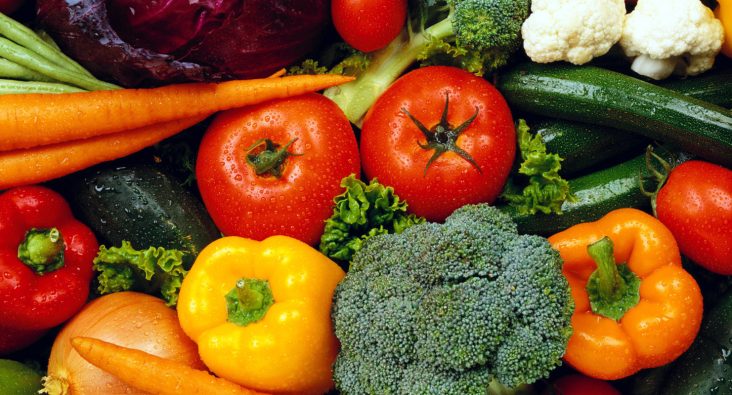UAMS researchers land $1 million grant to study vegetable bacteria risks
by August 2, 2022 6:55 pm 1,817 views

The University of Arkansas for Medical Sciences (UAMS) announced Tuesday (Aug. 2) that its College of Public Health has received a $1 million grant for research from the United States Department of Agriculture (USDA).
En Huang, Ph.D., an associate professor at the University of Arkansas for Medical Sciences’ Fay W. Boozman College of Public Health Department of Environmental Health Sciences, received the three-year, $1 million research grant to investigate food safety.
Huang and his team — which consists of Sun Hee Moon, Ph.D., and Se-Ran Jun, Ph.D., from UAMS; along with Xinhui Li, Ph.D., of the University of Wisconsin-LaCrosse; Erin DiCaprio, Ph.D., of the University of California-Davis; and Xu Yang, Ph.D., of California State Polytechnic University-Pomona — will investigate why some bacteria isolated from retail vegetables in the U.S. are resistant to beta-lactam antibiotics. The aforementioned class of antibiotics – considered the most important classes of antibiotics – are used in the management and treatment of bacterial infections.
“Food is an important vehicle for transmitting foodborne microorganisms,” Huang said. “Since most vegetables are consumed when they’re raw or after only being minimally cooked, if present, those antibiotic-resistant bacteria could potentially harm people. Therefore, there’s an urgent need to understand the role of fresh produce in the transmission of antibiotic resistance.”
Typically, vegetables are not treated by antibiotics. However, there’s a growing possibility that fresh vegetables in the U.S. may be contaminated by either soil amendments or the water used to irrigate the crops containing antibiotic-resistant organisms. The possibility of vegetables being a carrier of antibiotic-resistant bacteria and resistance genes is a risk to public health.
The researchers will seek to determine the prevalence of antibiotic resistance in retail vegetables and determine critical factors contributing to antibiotic resistance transmission in the vegetable production and supply chains. Additionally, they’ll create fact sheets, videos and workshops with stakeholders. They will also present all findings to the agriculture industry.
The study – which begins in August – will take place in Arkansas, Wisconsin and Southern California.
“This is a much-needed food safety awareness project,” Huang said. “We want to help keep people safe. Right now, there’s a lack of research to determine the prevalence of antibiotic resistance in vegetables in the U.S.”
The researchers will collect 1,200 vegetable samples, 400 from each of the three participating states. Studying vegetables grown in three different regions will help the group properly assess the situation.
“We’re going to closely survey and study vegetables from the south, north and west – especially California, which is the highest production area,” Huang said. “We want to find out the prevalence of antibiotic resistance in vegetables.
The researchers will further collect samples of soil, irrigation water and vegetables directly from farms.
“We’ll also learn if different irrigation methods and the use of organic soil amendments can have an impact on antibiotic resistance prevalence in the vegetables that are sent to the general public,” he added.
